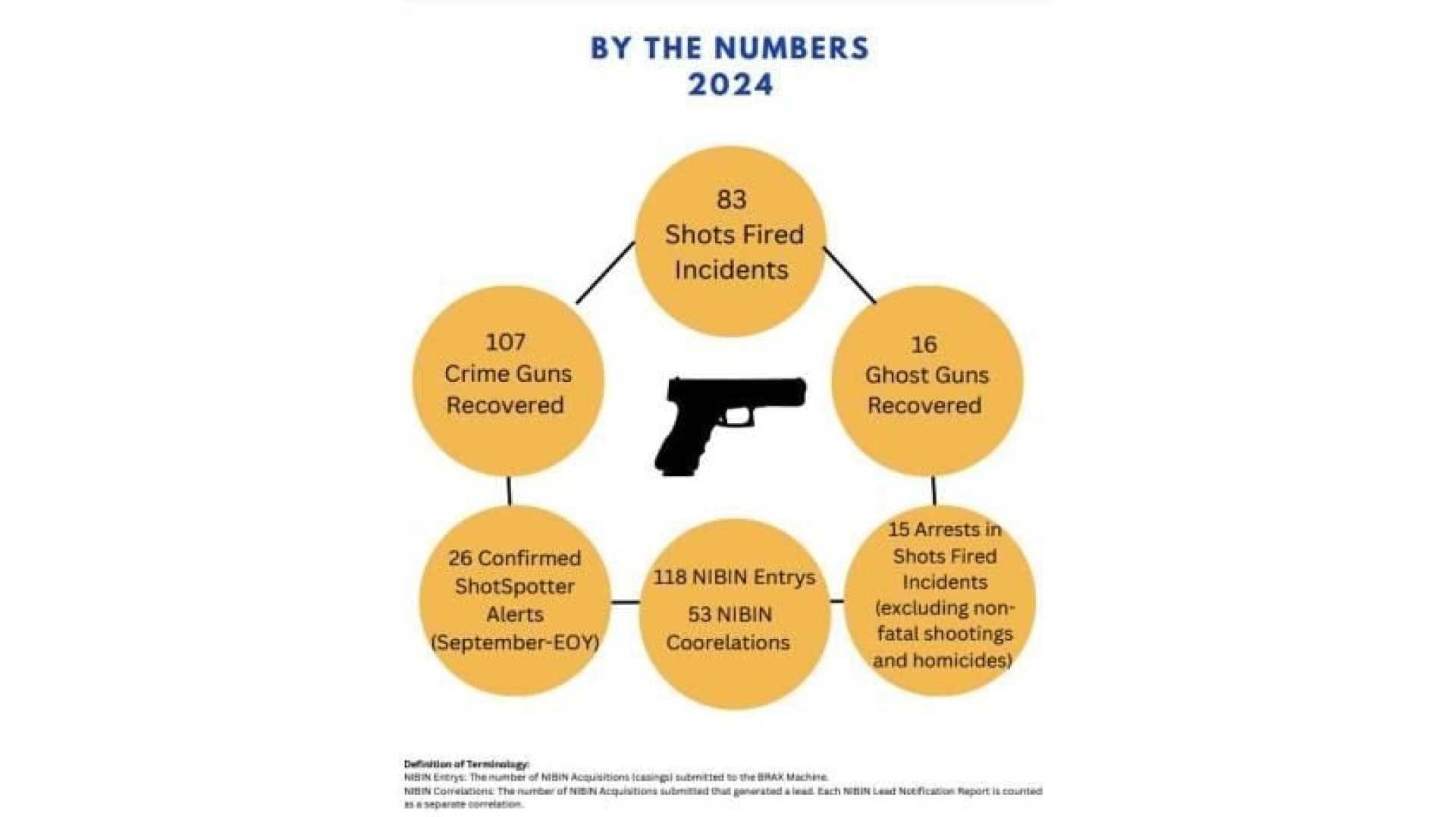Politics
D.C. Gun Recovery Controversy Follows Trump Administration’s Deregulation

WASHINGTON, D.C. — Federal officials are promoting gun recovery statistics as evidence of success in combating crime in the nation’s capital, following a surge of National Guard troops deployed in recent weeks. U.S. Attorney General Pam Bondi recently tweeted about the numbers, alongside support from various law enforcement agencies, indicating that more recovered firearms and arrests reflect effective policing.
However, this focus on gun recovery marks a stark shift from the Trump administration’s previous approach to gun regulation. During his second term, former President Donald Trump previously pushed for policies that reduced federal oversight on gun dealers and redefined what constitutes a fugitive of justice. Additionally, several Republican-led states moved to pass ‘right to carry’ laws, which allow individuals with minimal restrictions to carry guns without needing to register.
The ramifications of these changes have been significant, particularly in areas like Washington D.C., where possession of an unlicensed firearm has become a mere misdemeanor. This contrasts sharply with jurisdictions like Philadelphia, which has different laws for firearms possession. Critics argue that such laws have not only failed to curb violence but have also led to increased gun-related incidents.
Moreover, the aggressive tactics employed by police, driven by a focus on gun recovery, have raised concerns over their implications for community trust. The rise in car and pedestrian stops has been linked to racial profiling, and the nature of these stops can lead to illegal searches, further eroding public confidence in law enforcement.
Despite these issues, the Trump administration continues to tout gun arrests as political victories. This presents a conflicting message, as Trump himself has championed national ‘right to carry’ legislation, undermining the very basis of these arrests. The messaging appears to target political gain, focusing on presenting those arrested as would-be criminals without delving into the complexities of gun ownership laws.
The current crackdown on firearms in D.C., described as lacking a cohesive strategy, may yield immediate numerical results, such as an overall decline in crime rates. However, experts warn this approach does not guarantee long-term reductions in violent crime, which is typically addressed through comprehensive community engagement and support measures.
As the National Guard’s presence diminishes, concerns grow about the potential for gun confiscated to be replaced. This situation is exacerbated by the deregulated environment that allows individuals to acquire weapons across state lines easily. Critics assert that the Trump administration has created a paradox: promoting a crackdown on guns while simultaneously making them more accessible.
Ultimately, the efficacy of these measures and the impacts on public safety remain to be seen. Observers recommend approaching reports of gun recoveries with caution, considering the broader implications they may have for communities.












